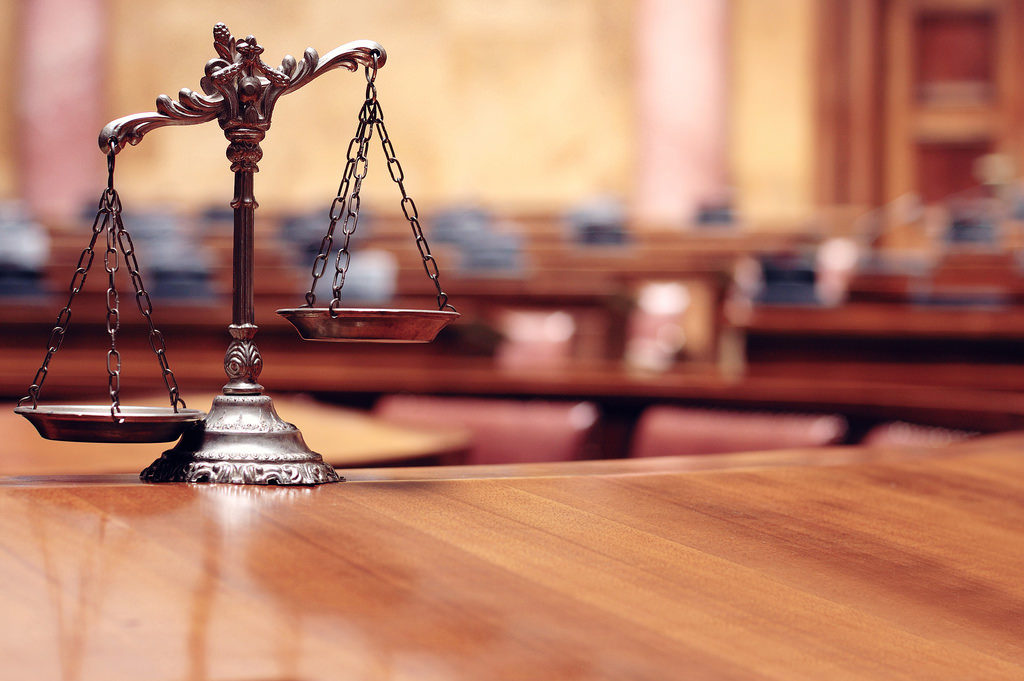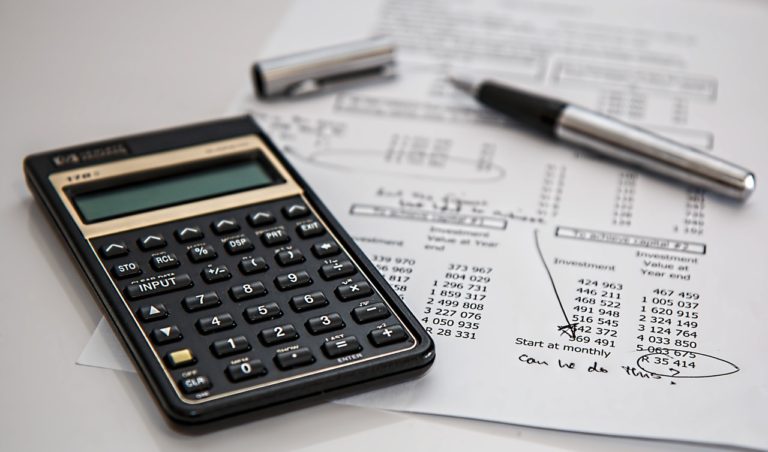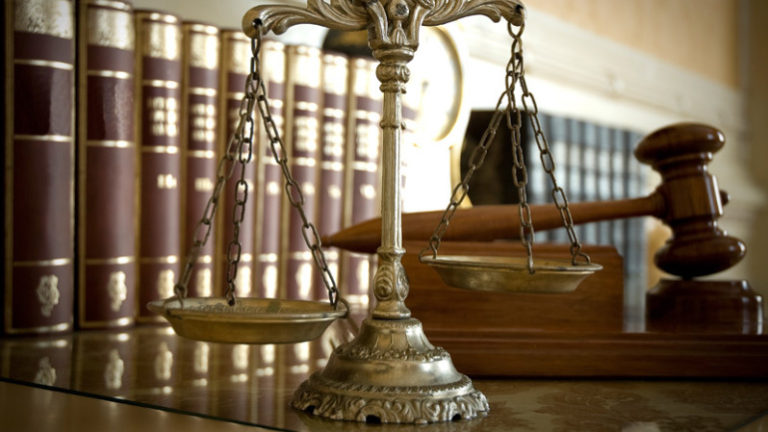
Deciding to declare Chapter 7 bankruptcy is not something people choose lightly. Deciding whether or not to declare bankruptcy can be quite difficult. There are pros and cons of Chapter 7 bankruptcy. Usually, Chapter 7 bankruptcy is a powerful tool that helps get people out of extreme debt and after going through credit counseling.
Bankruptcy is an important social safety net. It can help people get a fresh start by erasing their debts. However, it can affect your future credit, your reputation, and your self-image. While it can improve the short-term quality of your life drastically, as a whole, it is a difficult process.
Like most things, there are positives and negatives to filing for bankruptcy. Although, bankruptcy can have major benefits including offering immediate relief from debt collectors, erasing most of your debts, improving your credit score eventually, and preventing wage garnishment. Chapter 7 bankruptcy case, in particular, will damage your credit in the short term but also may provide much-needed relief and a roadmap for getting your financial house back in order.
Depending on your circumstances, there are also other aspects to consider including the impact on your credit, the fact that certain debts cannot be erased, and the reality that expensive property can be taken.
Bankruptcy is a personal decision and it’s important to fully consider whether it is the right option for you. This article discusses some of the benefits and hardships of filing for Chapter 7 bankruptcy.
Advantages of chapter 7
• Takes about 4 months to complete
• You keep exempt property
• May obtain new credit 1-3 years after Chapter 7
• Prevent aggressive collection action
disadvantages of chapter 7
• Chapter 7 remains on credit report for 7 years
• May only file Chapter 7 bankruptcy once every 8 years
• You may lose property to liqudiation
• You may not be able to get a mortgage for a period of time
• Chapter 7 bankruptcy does not remove all liabilities
chapter 7 bankruptcy time frame
Once you have decided and filed for Chapter 7 bankruptcy you should know some of the consequences. A bankruptcy can stay on your record for years, up to 7 years. Although the time frame to complete the bankruptcy process under Chapter 7 takes only about 4 months, that is from filing of the case to the closing of the case.
future chapter 7 availablity
Once you have decided that declaring bankruptcy is the right path, you should understand the future implications. Declaring bankruptcy now could potentially make it harder to do it again later. If something worse comes along, you may not be able to file a Chapter 7 bankruptcy. For instance, if you complete the bankruptcy process under Chapter 7, you can’t file for another Chapter 7 bankruptcy for eight years. The eight years is counted from the date you last filed for bankruptcy.
In the event you experience financial problems before you are again eligible to file Chapter 7 again, you may be able to address the situation by filing a Chapter 13 Bankruptcy case. A Chapter 13 bankruptcy is a repayment plan through the bankruptcy court for a minimum of 3 years but no more than 5 years.
You cannot file for Chapter 7 bankruptcy if a previous Chapter 7 or Chapter 13 case was dismissed within the past 180 days because:
• you violated a court order, OR
• you requested the dismissal after a creditor asked for relief from an automatic stay
unprotected property?
Depending on the property you own and the state exemptions applicable to your case, you may not lose any property by filing a Chapter 7 Bankruptcy. It is important to seek the assistance of an experienced bankruptcy attorney to determine whether you risk losing any property by filing a Chapter 7 case. Nevertheless, you will get to keep wages earned and the property acquired after filing the Chapter 7 Bankruptcy case.
Non-dischargeable debts
There are certain financial obligations that will not be discharged in Chapter 7 bankruptcy. Alimony and child support are not eliminated in a Chapter 7. Only a family court order can suspend or alter alimony and child support obligations.
Student loans ordinarily are not discharged in bankruptcy. You must show that payment of the student loans amount to an “undue hardship.” The test for showing an “undue hardship” is very difficult to satisfy.
Lastly, Chapter 7 bankruptcy will not eliminate the consensual liens on your home and vehicles. The mortgage on your home and the vehicle lien held by your car lender will be unaffected by a bankruptcy filing. So you must continue to make those payments after the Chapter 7 bankruptcy is completed.
future credit & new lines of credit
You will likely lose all of your credit cards if you file Chapter 7 bankruptcy. The credit card debts listed in the Chapter 7 bankruptcy will likely be discharged. However, the credit cards which you have $0 balances at the time of filing the Chapter 7 are often closed by the credit card companies.
There are lenders who specialize in lending to “high risk” people. So you may be able to obtain credit shortly after exiting a Chapter 7 case. But the terms may not be very good. For instance, rate of interest will likely be high. Ordinarily, you may be able to obtain new credit within one to three years of filing bankruptcy.
have an attorney assist you through the chapter 7 bankruptcy process
The choice to seek bankruptcy can involve many complicated considerations. While there are advantages and disadvantages of Chapter 7, only you will be able to know if it is right for you. You will want to take into consideration whether you can avoid bankruptcy altogether or how to preserve valuable assets if filing for bankruptcy is absolutely necessary.
Contact a local bankruptcy attorney, The Law Office of Brent M. Myer, PLLC, who can discuss ways bankruptcy laws can help you address your financial troubles. Bankruptcy attorneys understand bankruptcy code and are there to assist you during this difficult time. Contact us today to schedule a consultation to see if Chapter 7 bankruptcy is right for you.



